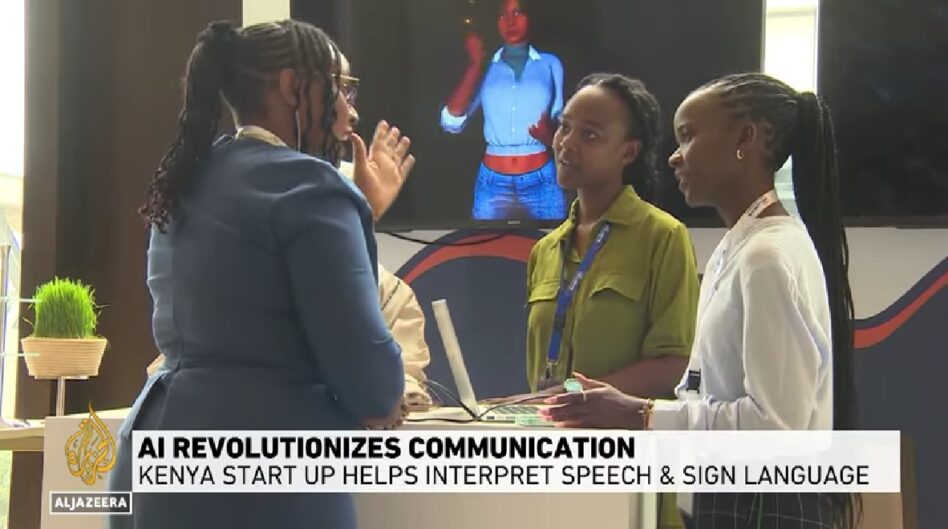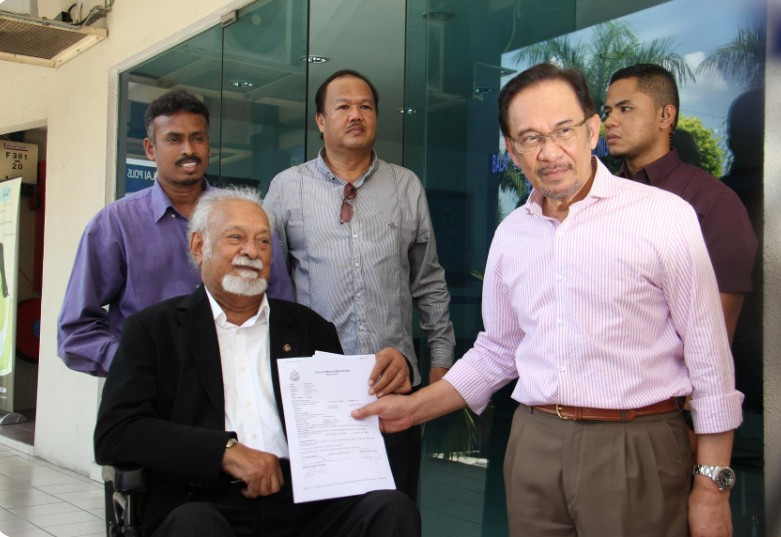By Sanen Marshall
IN certain countries in Asia, the word ‘liberal’ is received with some amount of trepidation. It is not uncommon to find books and articles warning of the perils of liberalism.
Educators find it hard to convince schools and universities of the virtues of liberal education because the term itself has come to be wrongly associated with political ideology.
And yet, this is a far cry from what liberal education is or should be: The freedom to choose the subjects of one’s personal interest and the freedom to think critically about the subject matter. Both principles are imperative for an education system that overwhelmingly emphasises STEM and business-related subjects.
Contrary to popular belief, liberal ideologies are not accepted uncritically within the higher education circles. Universities continue to debate and resist attempts to steamroll political ideas through society.
The 2016 passage of the parliamentary bill known as C16 mandated the use of gender-neutral pronouns such as ‘they’ and ‘them’ for transgender persons. This happened in Canada but was openly rejected by certain academics as being akin to ‘forced speech.’
Critics descried the fact that ‘the provincial and federal government of Canada had mandated the use of personal pronouns and even made it a criminal offence not to use them under certain circumstances.’
The threats to free speech are a problem everywhere.
In 2013, when Yale University co-founded a liberal arts college in Singapore together with the National University of Singapore (NUS), academics at the former institution openly questioned Yale’s ability to remain true to the spirit of liberal education under the circumstances.
The Singapore state had a history of restricting civil and political liberties, and therefore acting against conditions under which a plurality of ideas can thrive.
Matters came to a head in 2019 when a course on ‘dissent’ at the Yale-NUS College in Singapore was cancelled. The abrupt cancellation of the course, it was reported, was partly due to concerns that the course’s activities could put students at risk of arrest.
Contemporary events in Singapore seem to bear out this concern with seemingly even innocuous protests on issues concerning climate, gender and freedom of expression being met with punitive responses from the police and the courts.
Liberal education, however, can become a casualty of politics at any level, even in school. In the wake of the 2020 national security law imposed by mainland China, it was decided that Hong Kong’s liberal studies subject be renamed ‘citizenship and social development.’
The name-change indicates a complete overhaul of the subject that is currently taught in schools. As part of the revamp, new elements on national security, patriotism, national development and lawfulness are to be introduced.
Children as young as six years will be required to memorise the names of four cardinal offences namely, succession, subversion, terrorism and collusion with foreign forces.
Half-truths proliferate in such societies, aided and abetted by the education system. Critical thinking, when it is allowed, takes place ‘inside the box,’ that is, within strict parameters.
The recent critique by a well-known historian in Malaysia concerning bias in the treatment of race and religion in school history textbooks is indicative of how multiculturalism is curtailed. This leads in turn to the exclusion or marginalisation of others from the official narrative.
Malaysian students thus come to internalise such a narrative because it is part and parcel of the curriculum. They never learn to become dreamers. Many have never in their entire history of schooling been asked to write an essay on ‘I, the Prime Minister of Malaysia.’
The right to dream is implicit in Article 18 of the Universal Declaration of Human Rights, which guarantees the freedom of thought. It is a right that is intrinsically connected to the integrity of the individual, away from the purview of the state.
While all countries place some form of curbs on the freedom of expression, the freedom of thought is one of the few rights, perhaps the only one, that can be said to be absolute and thus worthy of protection through a liberal studies approach to education. – May 6, 2021
Sanen Marshall teaches at the Centre for the Promotion of Knowledge and Language Learning, Universiti Malaysia Sabah.
The views expressed are solely of the author and do not necessarily reflect those of Focus Malaysia.









